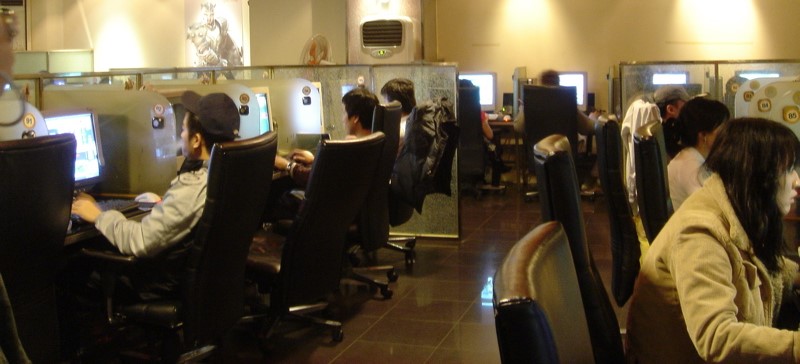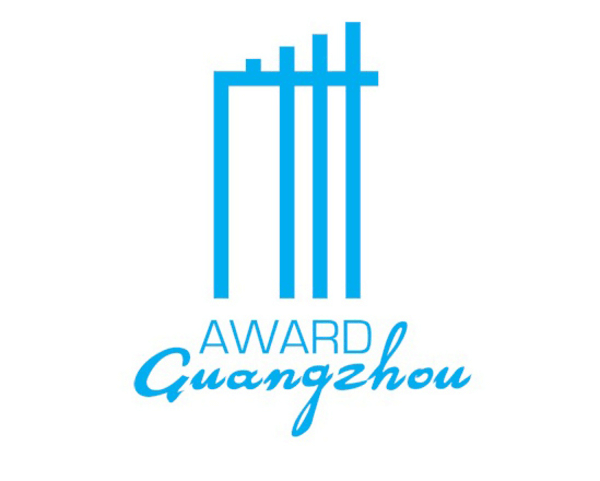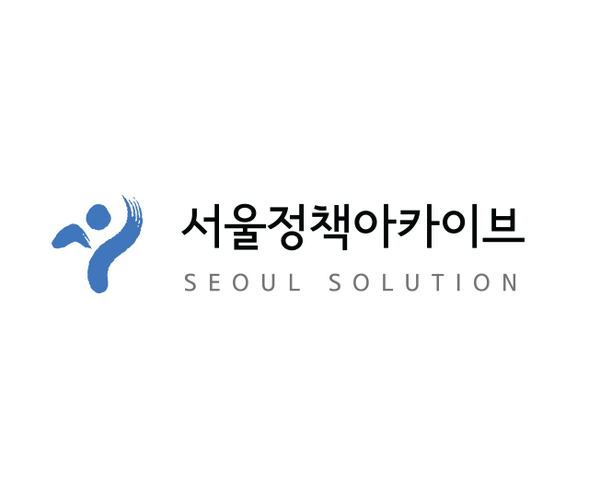Some unique programs operated by ‘I Will Centers’ are as follow.
1. Counseling & Treatment Programs
- Long-term integrative therapy program: This program administered for about one year. A combination of individual and group counseling, parental counseling, family camps, group activities and nature experiences induce changes in participants, with mentoring and career counseling to help maintain these positive changes.
- On-site counseling: Visiting counseling services provided at homes or schools of reclusive high-risk youth
- Use of expressive art therapy methods for age-appropriate service
- Crisis management system: Psychiatric specialists, social welfare professionals and psychotherapy counselors provide follow-up management and crisis intervention on a 1:1 mentoring basis.
2. Preventive programs
- Internet addiction preventive education for each age groups in various formats
- Prevention puppet shows and animation for kindergarteners
- Joint preventive education with parents
- Parenting class for fathers
- Monitoring and reporting of harmful websites by youth volunteers
- Healthy cyber culture campaigns
- Contest for internet addiction preventive contents
- Empowering youths in good decision making :Youth forum
3. Research on Program and Content Development
- "Kind Parents" (Parenting Guide Booklet)
- Preventive Education Animation for Elementary Students
- Preventive Education using Board Game, “TED CAT”
- Preventive Education Program for Preschoolers and Kindergarteners
- Group Counseling Program for Internet Addiction Prevention (For Parents/ For Youths)
- Motivational Group Counseling Program for Internet Addiction Prevention for High School Students
▶ Comments from ‘I Will Centre’ program participants:
“When I first began the ‘Dream Tree Program’ I could not live without computers. Directly after school, I sat in front of computer to play games, and remained glued to the computer for at least five hours a day. Now, I use computer much less, and I spend my free time playing with my friends.” (Long-term therapy program participant, 7th grade, male)
“I had been drained by my worries about my child, but today’s session told me that I need to take the initiative and begin acting. I thought I was a good communicator with my child, but I realized after today’s class that I was very unfair and one-sided. (Parent participant in parenting education)
“I will not be a slave of internet. I will control it.” (Teen participant in preventive education)
The method applied include following dimensions:
Ecological perspective: The program considers the effect of family, schools, peer culture, as well as macro-environmental factors such as national policies, media culture alongside considerations for the afflicted youth themselves.
School screening of internet addiction by Ministry of Gender Equality and Family: Taking responsibility for follow-up counselling of students identified as ‘risk groups’, I Will Centres were able to access more systematically to the internet addicted youths in Seoul.
Collaborating with school district offices: This is crucial in implementing counselling sessions to the non-voluntary student clients. This is also vital in providing preventive education during school class hours.
Leading partner I: Ministry of Public Administration and Security
This ministry does the leading role in the internet addiction response of Korea since 2002. Internet addiction policy of Seoul is in line with the long-term plan coordinated by this ministry, while the I Will Centres are operating the children and youth specialized program fit to the needs of Seoul citizen.
Leading partner II: Ministry of Gender Equality and Family
This ministry does the key role in advancing the internet addiction response for youths. I Will Centres actively cooperate with the internet addiction school screening project of this ministry and expand its capacity of counselling service.
Other Collaborating partners
School districts, local schools, youth facilities, school counsellors, youth workers, media, professionals and scholars, partner hospitals.




